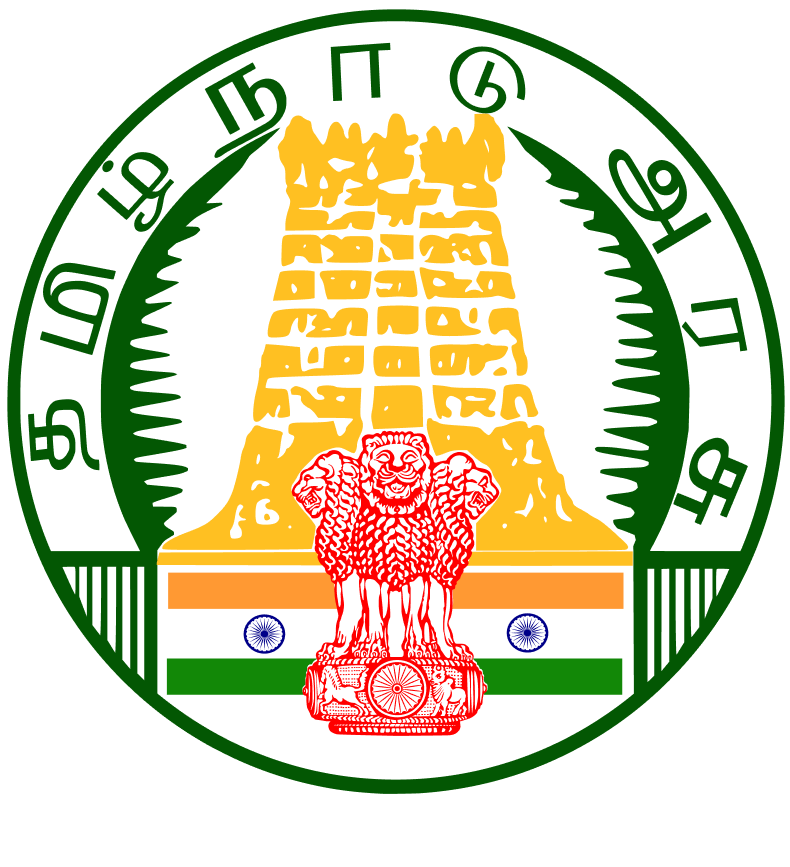On July 26, 2024, the Tamil Nadu Government announced the creation of a ‘Land Use Information System’ (LUIS). This system will develop geospatial predictive models based on nine key factors: urban development, urban planning, water augmentation, climate change, sustainable land use, natural resources management, agriculture, forestry, fisheries, transport, and water.
The Tamil Nadu State Land Use Research Board, established under the State Planning Commission, will collaborate with the Tamil Nadu e-Governance Agency to establish LUIS. This system will:
- Serve as a comprehensive platform for integrating GIS models and incorporating existing predictive models from researchers worldwide. It will also create models for the required focus areas.
- House a diverse range of both spatial and non-spatial data.
- Provide advanced capabilities for comprehensive data management, analysis, and dissemination.
- Utilize tools to collect, process, store, and share data effectively with stakeholders. Additionally, LUIS will leverage GIS technology, remote sensing, and data analysis to generate valuable information and insights, guiding data-driven decision-making across various domains.
- Cater to a broad spectrum of users, including policy makers, government officials, planners, scientists, city planning teams, and local government departments and institutions.
LUIS is visioned to have a diverse range of applications like
LUIS will serve a broad spectrum of users, including policymakers, government officials, planners, scientists, city planning teams, and local government departments and institutions. By providing accurate and timely data, LUIS will empower them to make informed decisions across various sectors, including urban development, urban planning, water augmentation, climate change, sustainable land use, natural resources management, agriculture, forestry, fisheries, transport, and water.

